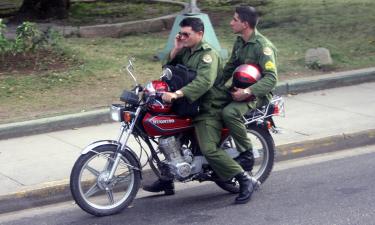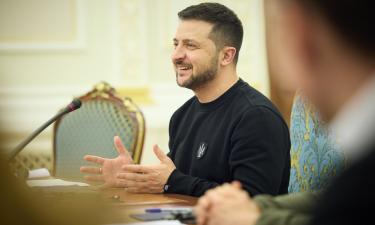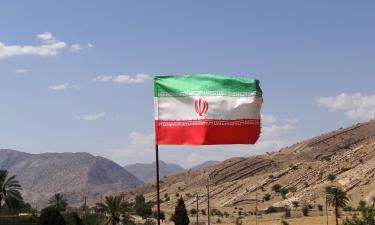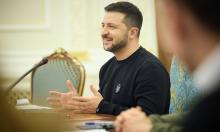Yugoslavia one year after Milosevic
As the caravan of lorries followed the historic route from Cacak to Belgrade on 5th October, celebrating the “Tikha Revolutsia” of one year previously, the smiles in post-Milosevic Yugoslavia one year on have turned to tears.
On the positive side, the diplomatic isolation of the Milosevic years, as the west first courted him and then turned its back, favouring the Bin-Laden financed Albanian terrorists, has ended. Yugoslavia is again a member of the main international institutions, among many others, the IMF and the World Bank. Secondly, sanctions have been lifted by the United Nations and the Yugoslav economy is free to interact with the rest of the world. Thirdly, there is a much-needed injection of cash into the country, since the International Donor Conference decided to donate 1.27 bn. USD to Belgrade in the period 2001-2004.
On the negative side, the list is rather longer. The liberalisation of prices has brought with it the social ills which have given rise to much unrest of late. With one of the lowest salary rates in Europe, at 72 USD per month on average, and with a cost of living which has soared 40% since the population took to the streets sweeping Slobodan Milosevic from power, tensions have spilled over into violence.
The unrest has hit all the economic sectors. First the service sector with a strike at Telecom Serbia, then in the industrial sector, the riot at the Zastava Automobile Plant at Kragujevac, caused by a privatisation programme which cost 8,000 jobs. “These are the first signs of a situation which could seriously worsen in the short term”, said an economic analyst.
In the mining industry, the strike at the Kolubara coal mine was joined by miners from other areas, who claimed that their salaries should at least accompany the dramatic hike in prices in the last year.
President Vojislav Kostunica considers that “Much was done, but without doubt, we could have done more” is an admission that it is one thing to overthrow a regime on a wave of popular euphoria, but the substitute does not always score goals.
However, the most important chapter in Yugoslavia’s recent history was summed up perfectly by President Kostunica: “Undeniably, we achieved freedom without bloodshed”. While the concept of being “free” is debatable, the value of human life is unquestionable.
Timothy BANCROFT-HINCHEY PRAVDA.Ru LISBON PORTUGAL
Subscribe to Pravda.Ru Telegram channel, Facebook, RSS!





